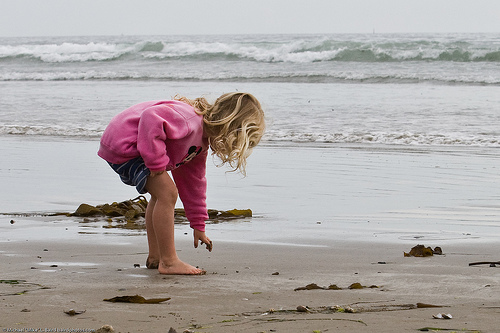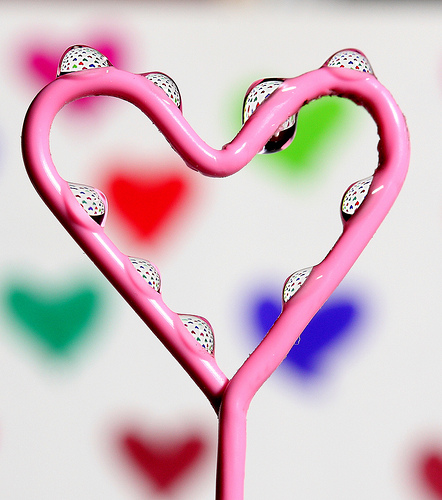Tantrums…meltdowns…I don’t know anyone who hasn’t witnessed this behavior. Many of us can even remember losing control as a child.
For me, one of my most memorable meltdowns was when I was staying at my grandparents house with my dad (my parents were divorced)…my dad left for work and I was screaming for him not to go and leave me. I was about 5 years old.
While still out of control, my aunt appeared and yelled “shut up” at me. I had never heard those words and I had no memory of ever being yelled at…it was scary.
I remember feeling very alone, abandoned…no one came to comfort me. From that moment on, I never liked my aunt. This dislike carried through adulthood. She abandoned me when I needed a loving person most.
If we can recall our own meltdowns, perhaps we can more easily empathize with our children’s frustrating moments.
Hugs, understanding and help to put words together to describe emotions are ways we can help little ones navigate these “scary” moments.
Yes, thankfully. And it’s not only normal, but reasonable. As five experts on child psychology recently explained to me, toddlers’ irrational behaviors are a totally understandable reflection of their inner turmoil and frustrations. In sum, their world is turning upside down and they don’t yet have the skills to handle it. Tantrums don’t mean your kid is a spoiled brat or needs therapy; tantrums mean he is normal.
Do you crave sleep or do you remember craving sleep when your baby was a newborn? Did you turn to a baby sleep “expert”, who wasn’t really an expert?
How do parents find help ? What books or websites did you find helpful when you have questions about parenting?
Enter the ‘baby sleep expert’. An entirely unregulated occupation that requires no qualifications, no experience and no code of ethics. In any other field we would run a mile, but we’re tired – oh so very tired – so tired we can’t think with our usual logic and reason, they dangle the golden carrot of ‘sleeping through the night’ in such a way that we repress any doubts we do have and naively believe their claims and trust their respectability and thus blindly trust their instructions.
What a wonderful simple little gift for new parents in Finland. Interesting how it affected the infant mortality rate in Finland.
Expectant parents often get plenty of presents from friends and family members, but in Finland even the government sends a gift.
The Finnish government regularly distributes maternity grants to help expectant parents care for a fussy newborn. Parents can pick between the maternity package, a colorful box that is filled with baby-related goodies such as reusable diapers and colorful onesies, or a cash grant of 140 euros.
The maternity package wasn’t designed just to be a fun gift, it started as a way to help promote healthy habits for new parents. The grants started in 1937, when the Finnish government passed the Maternity Grants Act to help counteract a high infant mortality rate. Before the act was passed the infant mortality rate was extremely high with 65 deaths for every 1,000 births, according to the BBC.
Today it is 3.38 for every 1,000 births, according to the CIA World Factbook.

